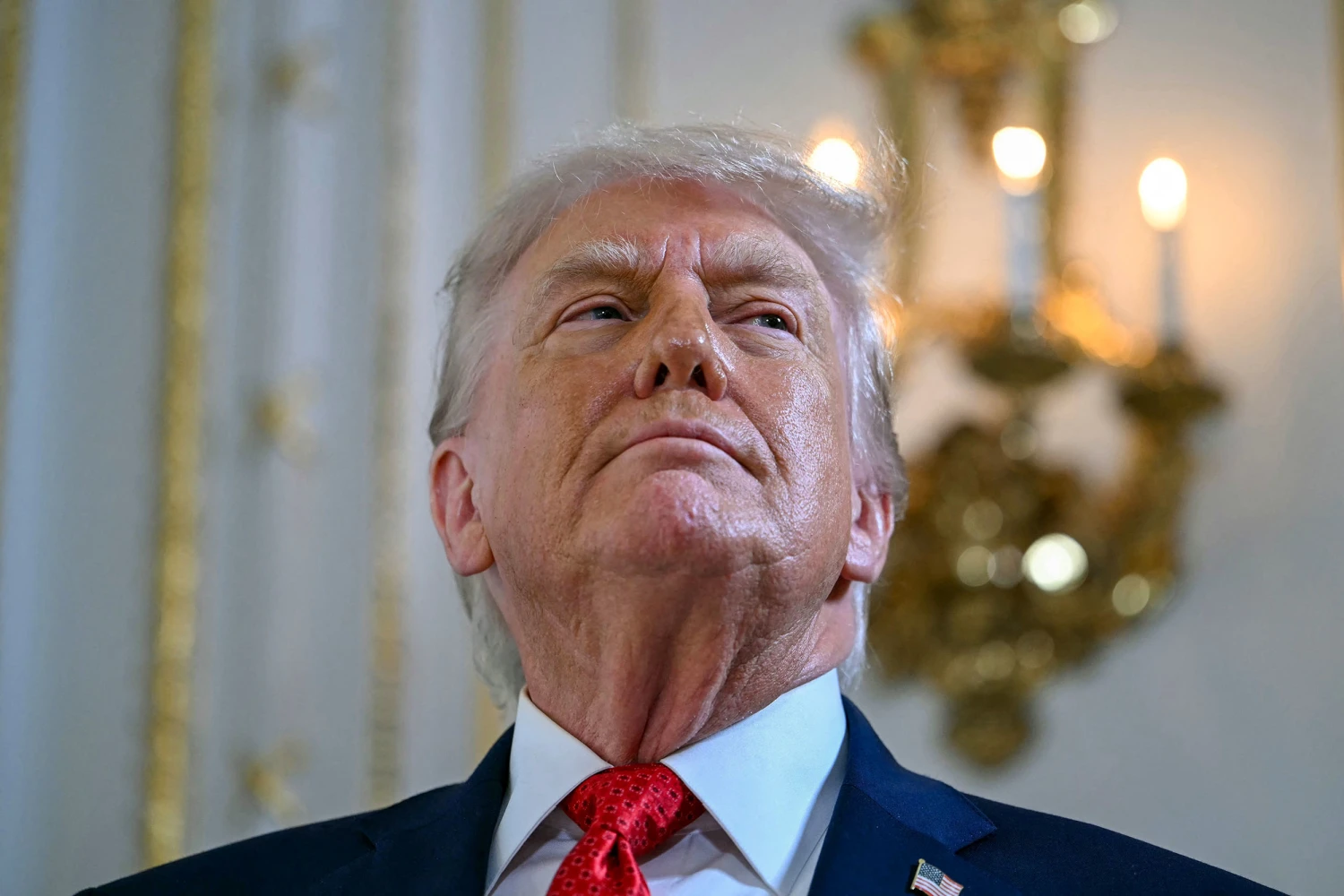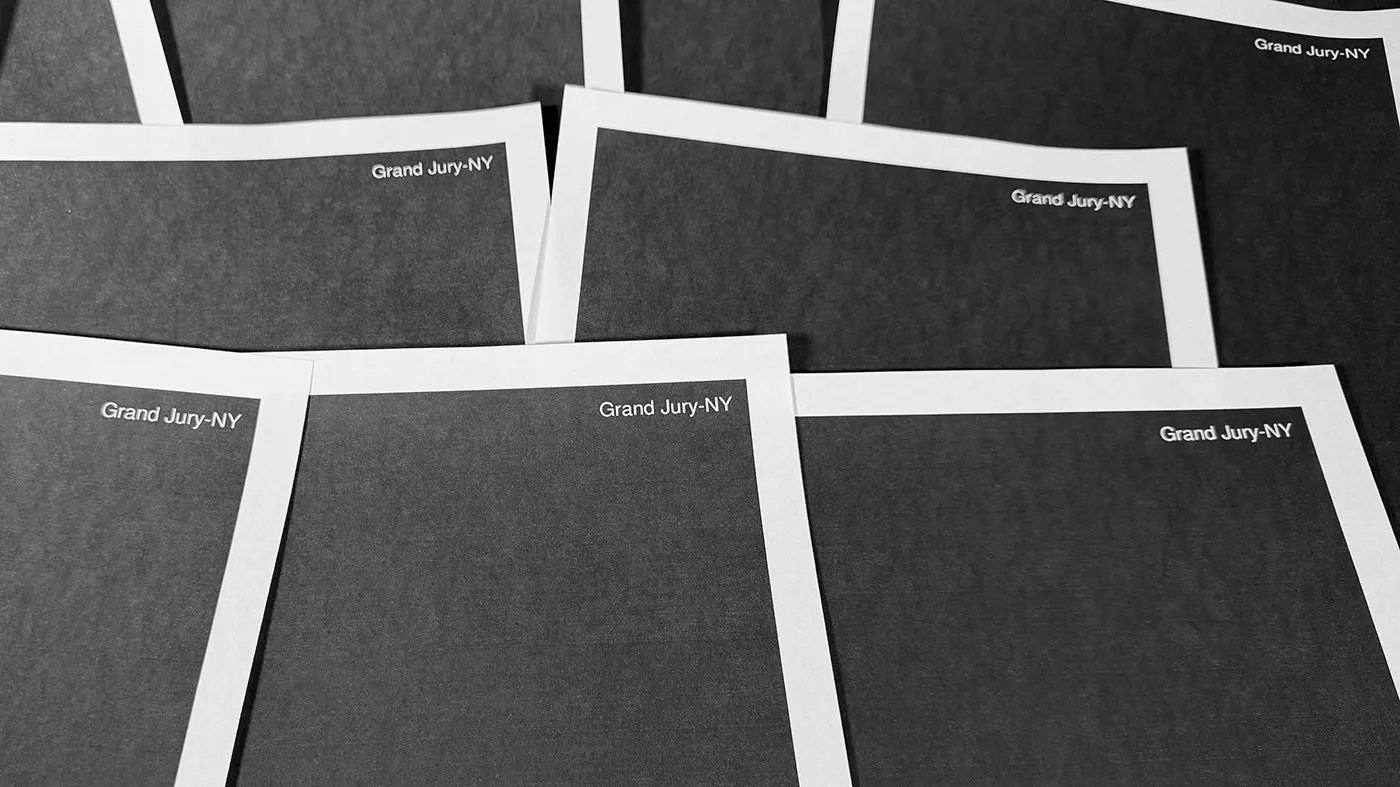With President Joe Biden now embroiled in his own classified documents controversy, partisan commentators will surely have a field day playing the tired old game of “no, you endangered national security.” Instead, I’d like to focus on the real issues: the overly broad and often-abused Espionage Act and the massive, draconian secrecy system that does far more harm than good in the United States.
This should be yet another wake up call that both the classification system and the Espionage Act need a dramatic overhaul. The question is — as more secret documents are found at a second Biden location and Trump’s special prosecutor continues to work — will anyone listen?
Now, before someone accuses me of “both side-ing” the separate Trump and Biden scandals here: no, they are not the same. Trump had mountains of secret documents he purposefully absconded with that he both refused to give back and arguably lied to authorities about. Whereas it seems Biden’s team actually alerted the authorities that the president had them in his office and is fully cooperating in their return.
But here’s the thing: that doesn’t mean Biden didn’t potentially violate the Espionage Act – at least according to some legal experts.
That’s because the Espionage Act is incredibly broad and spares no one. As I’ve explained before, even using the Espionage Act to go after Trump should not be cheered on by Democrats. Instead of actual spies, the hundred year-old law is usually abused to prosecute whistleblowers and threaten journalists. But it’s actually so broad that if you are a longtime reader of the Guardian, you’ve probably technically broken the law too!
“Whoever having unauthorized possession of, access to, or control over any document…relating to the national defense…willfully retains the same and fails to deliver it to the officer or employee of the United States entitled to receive it” is in violation of the statute.
The Guardian, like every other major newspaper reporting on US news, has published documents the government considers classified or “national defense information.” The Snowden files are only one example; there are likely countless others.
Thankfully the First Amendment should ultimately protect both the Guardian and its readers from prosecution. (Ironically, first the Trump administration, and now the Biden administration may be trying to change that with its unprecedented and dangerous charges against WikiLeaks founder Julian Assange.
Joe Biden may have broken the Espionage Act. It’s so broad that you may have, too




